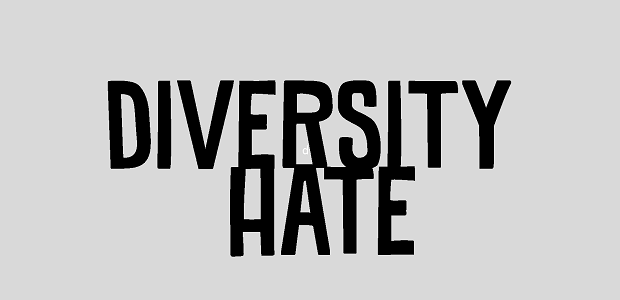
Diversity headlines are everywhere. Colleges and universities are expanding their investment in diversity programs and initiatives. Companies continue to seek new ways to identify and engage diverse talent. Diversity in STEM continues to be a focus. More and more organizations are talking openly about diversity in their ranks, sharing data and best practices with a broad audience.
This election season has also highlighted and elevated diversity “issues” to the nation’s attention. Hillary Clinton became the first woman to win a major party’s nomination this summer and recently announced plans to host her election party under an actual glass ceiling. Donald Trump represents, for many people, a man with views that run counter to embracing diversity and fostering inclusion. His words and actions have been described as sexist, racist, xenophobic and more, yet he still enjoys the loyal support of millions of American voters.
Last week, Mark Zuckerburg cited “diversity” as a reason that Peter Theil, an outspoken and serious financial backer of Donald Trump would continue to serve on Facebook’s board. Zuckerburg notes that “we can’t create a culture that says it cares about diversity and then excludes almost half the country because they back a political candidate.” There’s been a fair bit of outrage and indignation about the Facebook CEO’s comments, but they do raise questions:
Where is the line between valuing diverse perspectives and standing up against damaging rhetoric?
Is accepting this type of behavior the price of being inclusive?
As a reader of The Inclusion Solution and a follower of The Winters Group, you likely already know the answers here. Diversity exists when any two people share a space. We all have different experiences, views and perspectives that make us who we are. Inclusion does not naturally exist just because diversity is present. Inclusion requires respect, cultural competence and a safe space. The line is crossed when people don’t feel respected. It’s crossed when people don’t feel safe.
Accepting behavior that denigrates others undermines our efforts to create an inclusive environment and devalues diversity.


















